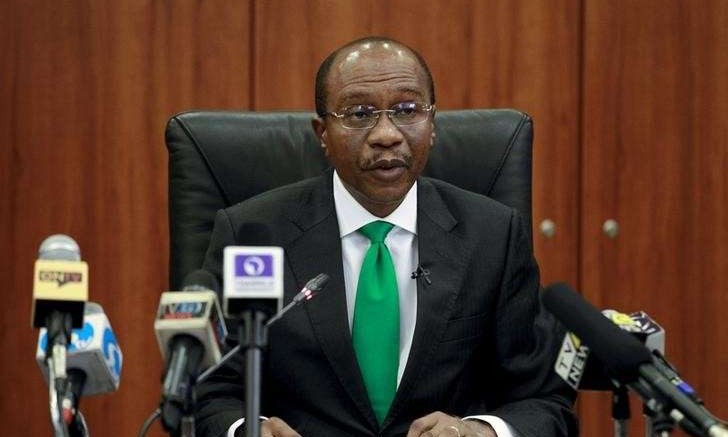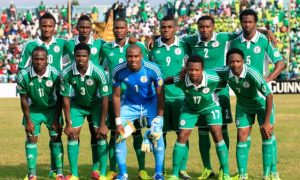During the Bankers’ Committee yesterday, the Central Bank of Nigeria (CBN) and Deposit Money Banks (DMBs) shared their latest resolve to suspend further allocation of forex for the purpose of school fees and medical bills overseas. According to them, this was because forex allocation for medical bills and school fees constituted 15 per cent of foreign exchange demands in the country.
The Director, Banking Supervision, CBN, Tokumbo Martins, said banks had resolved that most of forex foreign exchange the foreign exchange demands would be granted to developing the real sector.
“You know it is something that affects all of us and I think that the watchword is belt-tightening. It is the pain we may need to go through today, short term, so that there will be long term development in the country whether it is infrastructure, manufacturing etc.
“So, the question is how we can prevent or reduce the crowding out of the real sector where there is increase in demand on the invisible.
“So, it is something that CBN is looking at and it is something the Bankers’ Committee is looking at,” he said.
Meanwhile, the naira has dropped to a new all-time low of N325 to a United States dollar with a further drop being forecasted.
“The dollar is falling because importers need forex to bring in their goods. They cannot keep on folding their arms because there is scarcity; they must keep buying; the only thing is that the quantity may reduce,” a forex dealer explained
“We see the naira falling further in coming days if the central bank fails to lift the dollar restriction,” the Acting President, Association of Bureau De Change Operators, Aminu Gwadabe, said.
The Managing Director, Financial Derivatives Company Limited, Mr. Bismarck Rewane, said the CBN should address the forex crisis before it completely goes out of hand.
“Nigerians are perplexed at the endless slide of their currency, which is now trading at N325/$, the lowest point ever.
“This is happening even when the oil price is up at $31pb. The debate as whether to devalue the naira is not the real issue. The discourse should be whether we need an exchange rate policy or not. The absence of a policy is a recipe for economic anarchy and a race to the bottom.” He said.





















